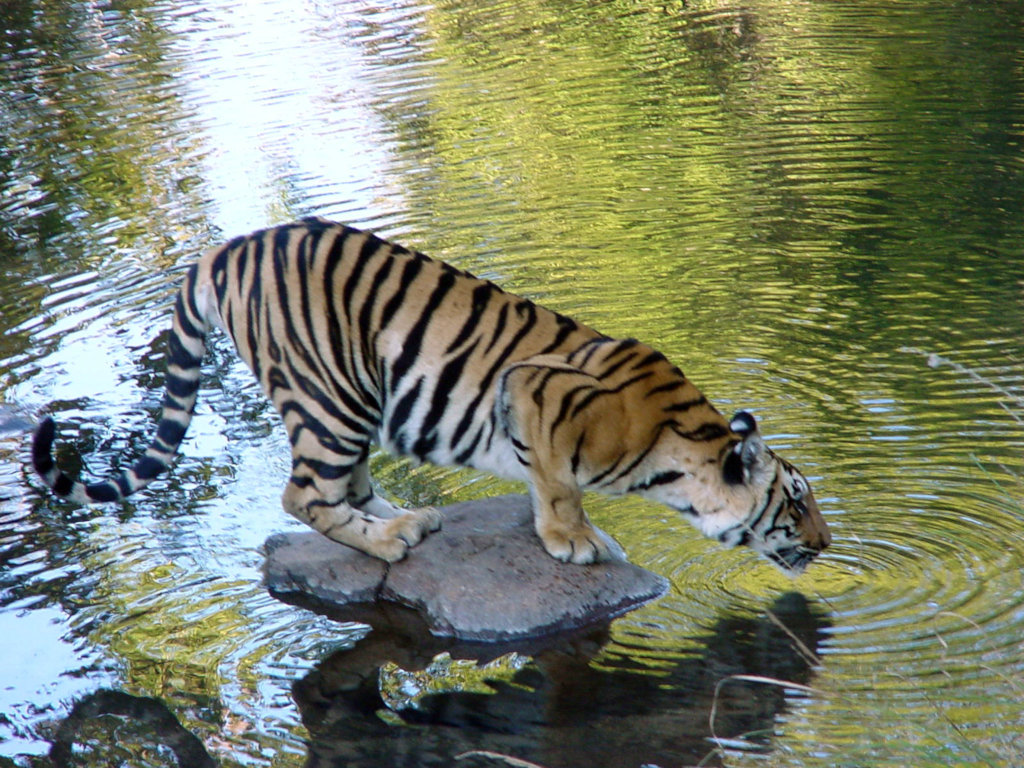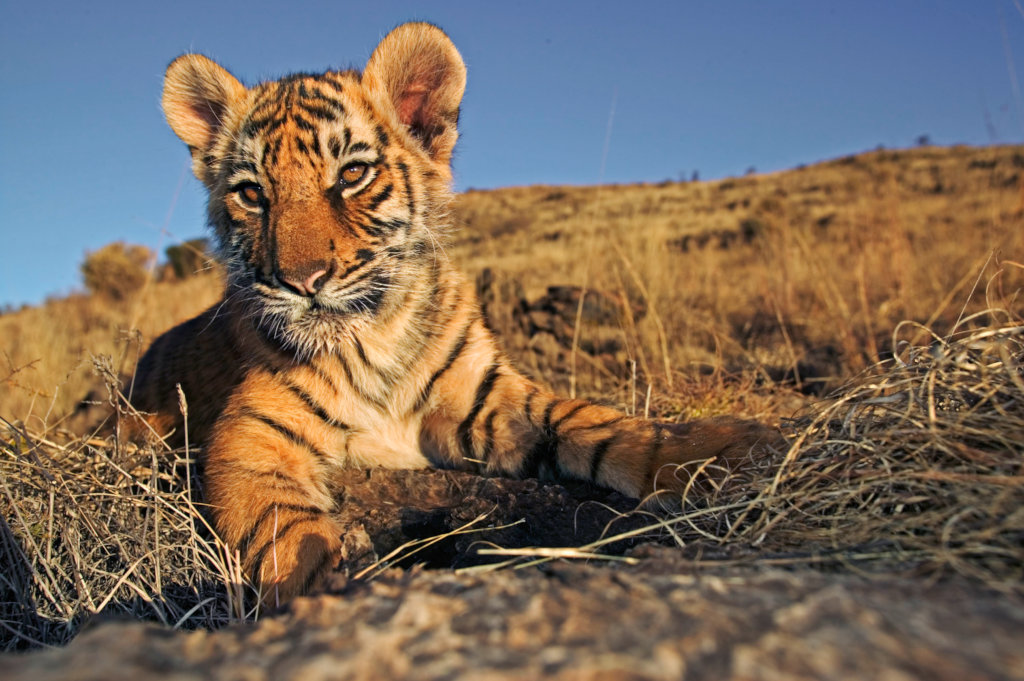By Cheron Carlson | Manager, Together@Work
Once 100,000 strong, the world’s wild tiger population dipped to an estimated 3,200 tigers by 2010, as poaching, habitat loss, and conflict with humans threatened to erase this majestic cat from its historic range. WWF’s ambitious Tx2 campaign, to double the populations of tigers by 2022 is now half way through its timeline, and we are excited to share successes we’ve been able to achieve so far, in large part due to partnerships established with governments of tiger range countries. These are successes that individuals like you are helping to make possible.
Working with tiger range nations:
Innovative collaborations and solutions:
Addressing climate change:
In the face of tremendous threats to wild tigers’ survival, your support is helping to reverse the course for these majestic cats and secure a brighter future for tigers and the many other species that share their habitat. Your commitment makes a difference in our work and sets an inspiring example that together, change is possible. Thank you.
Links:
Project reports on GlobalGiving are posted directly to globalgiving.org by Project Leaders as they are completed, generally every 3-4 months. To protect the integrity of these documents, GlobalGiving does not alter them; therefore you may find some language or formatting issues.
If you donate to this project or have donated to this project, you can receive an email when this project posts a report. You can also subscribe for reports without donating.
Support this important cause by creating a personalized fundraising page.
Start a Fundraiser
